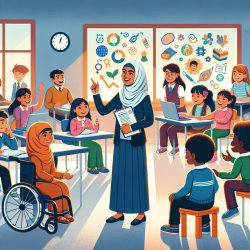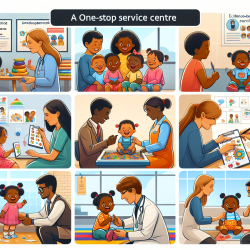Childhood aggression is a complex issue that affects not only the child but also their family, peers, and society. The EU-ACTION project provides valuable insights into how aggression co-occurs with other behavioral and emotional problems in children aged 3 to 16 years. This blog aims to help practitioners enhance their skills by implementing these research findings or encouraging further research.
The Co-occurrence of Aggression and Other Problems
Aggression in children rarely occurs in isolation. It is often associated with other symptoms of childhood psychopathology, such as attention-deficit/hyperactivity disorder (ADHD), anxiety, depression, and oppositional behaviors. The EU-ACTION project analyzed data from six large European cohorts to understand these associations better.
- Externalizing Problems: Aggression frequently co-occurs with externalizing problems like rule-breaking behavior and ADHD-related issues. The correlations are generally around 0.5.
- Internalizing Problems: There are also significant associations between aggression and internalizing symptoms such as anxiety and depression, with correlations around 0.4.
The study found that these patterns are consistent across different ages, genders, raters (parents or self), and countries. This consistency suggests that the co-occurrence of aggression with other problems is a stable phenomenon.
Implications for Practice
The findings from the EU-ACTION project highlight the need for comprehensive intervention strategies that address multiple behavioral and emotional issues simultaneously. Here are some key takeaways for practitioners:
- Holistic Approach: Instead of focusing solely on aggression, consider interventions that address a range of behavioral and emotional problems.
- Parental Involvement: Engage parents in the intervention process as they play a crucial role in managing their child's behavior at home.
- Cultural Sensitivity: While the patterns are consistent across countries, cultural factors may influence how behaviors are perceived and managed. Tailor interventions to fit cultural contexts.
Encouraging Further Research
The EU-ACTION project provides a foundation for further research into the genetic and environmental factors contributing to childhood aggression and its co-occurring problems. Future studies could explore:
- Genetic Influences: Investigate how genetic factors may predispose children to both aggression and other behavioral issues.
- Longitudinal Studies: Conduct long-term studies to understand how these behaviors develop over time and influence each other.
- Treatment Efficacy: Evaluate the effectiveness of different treatment approaches for children with multiple behavioral issues.
The EU-ACTION project's findings underscore the importance of addressing childhood aggression within a broader context of mental health. By implementing these insights into practice, practitioners can better support children and their families.
To read the original research paper, please follow this link: Childhood aggression and the co-occurrence of behavioural and emotional problems: results across ages 3–16 years from multiple raters in six cohorts in the EU-ACTION project.










